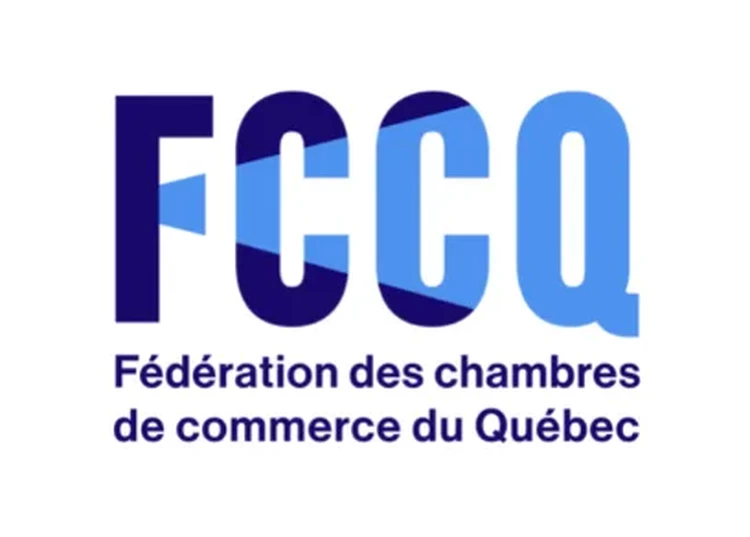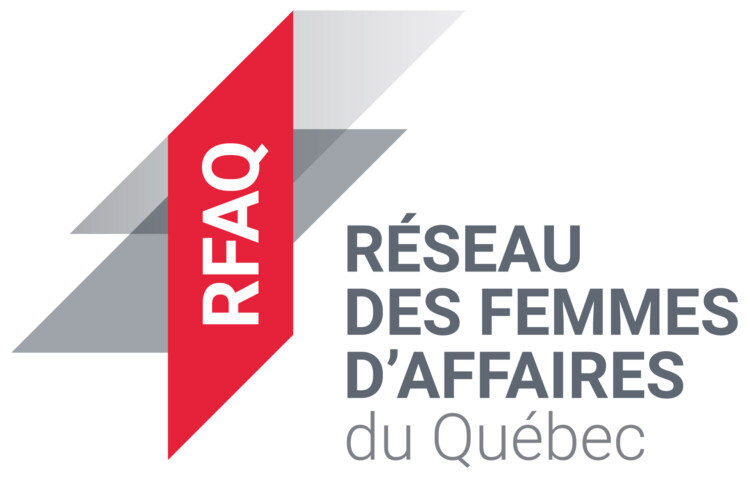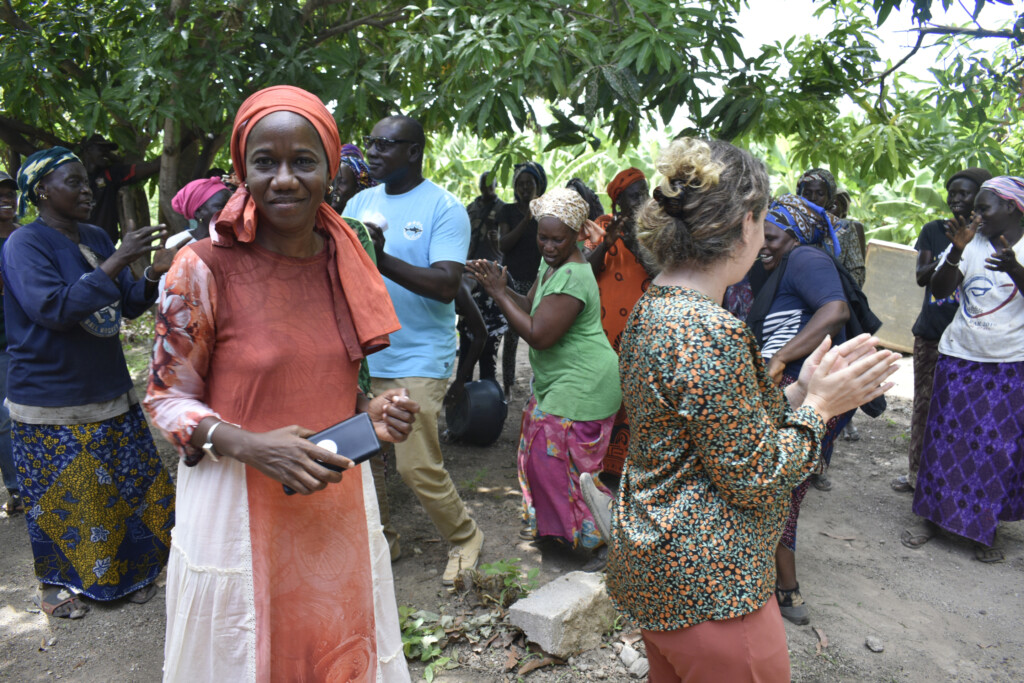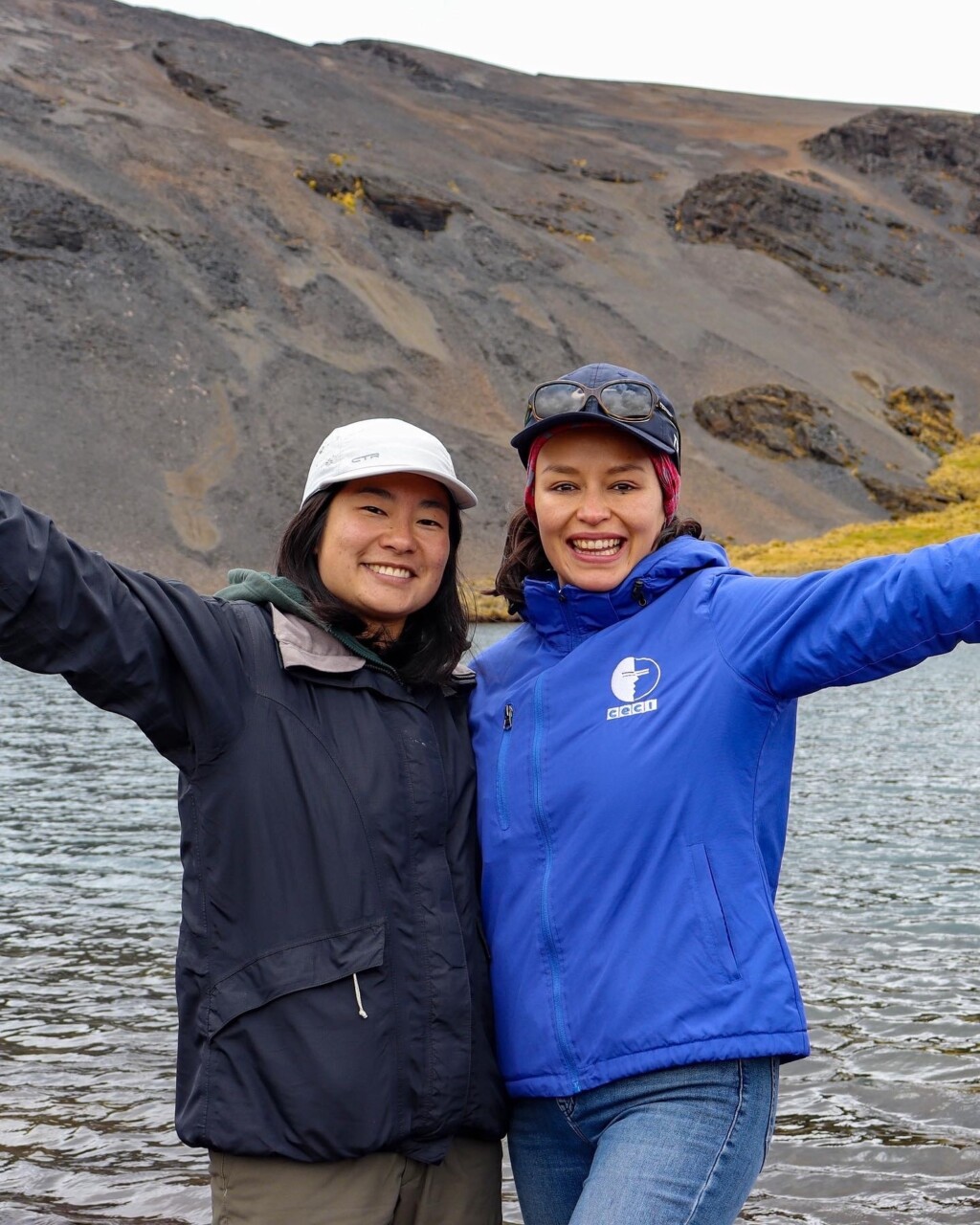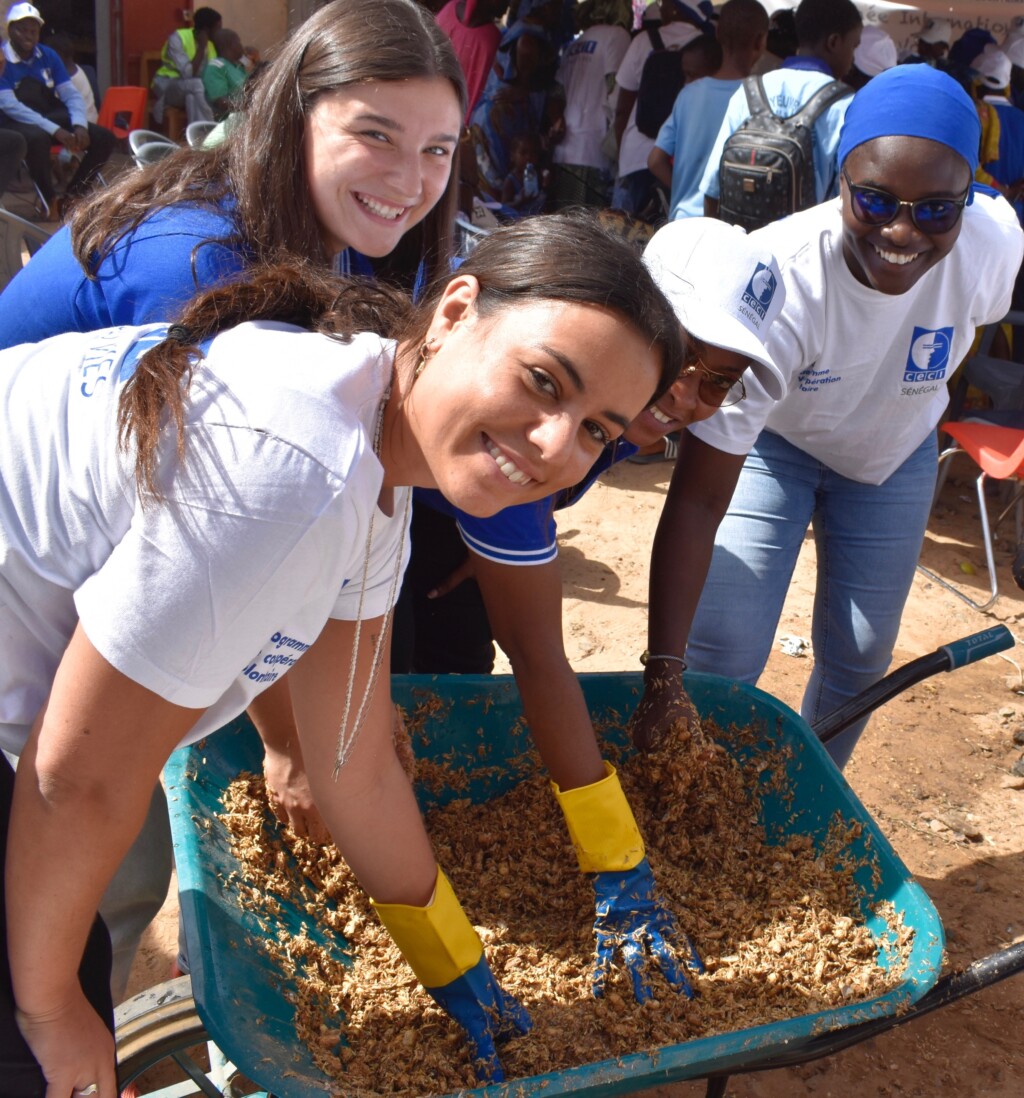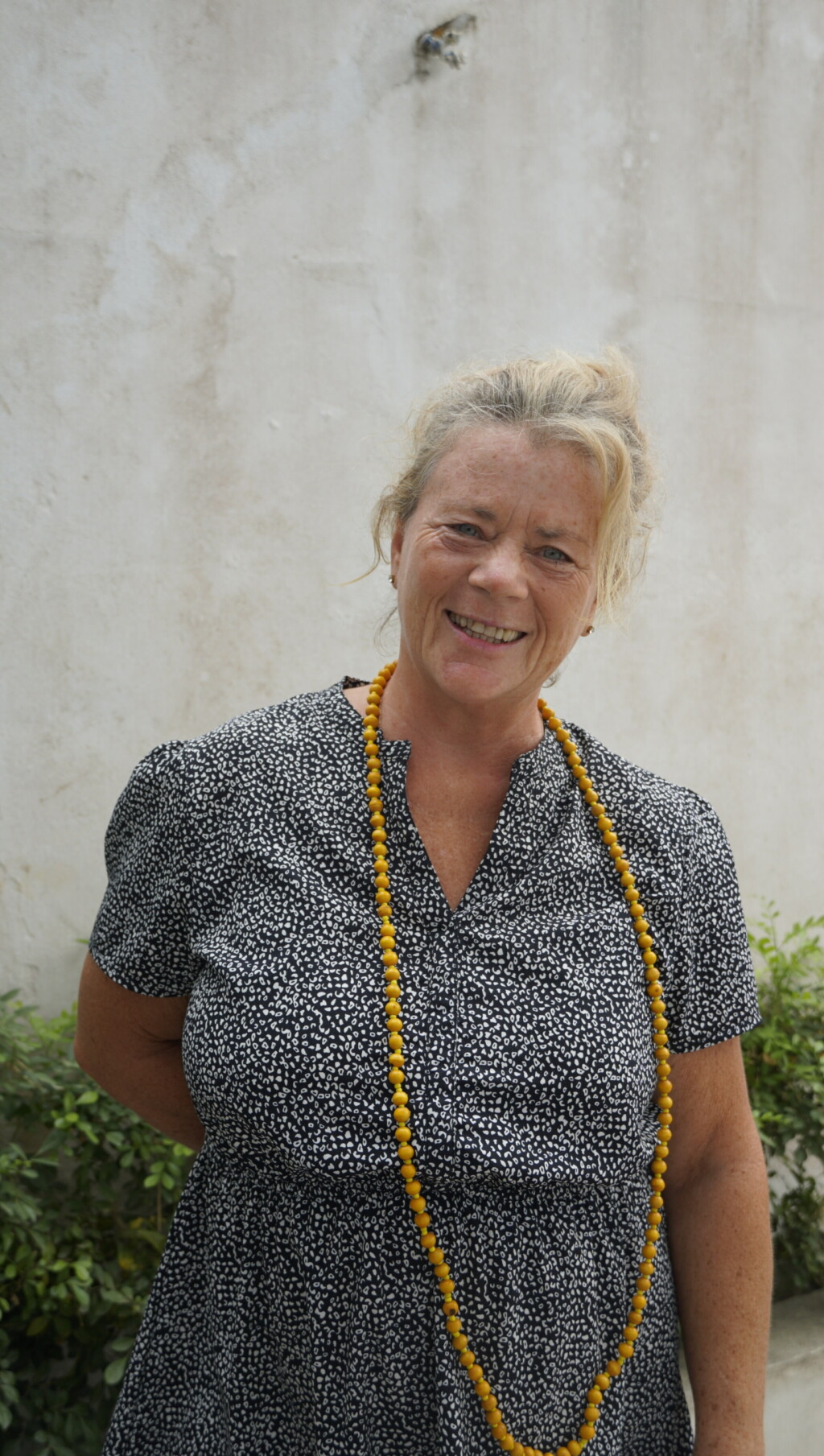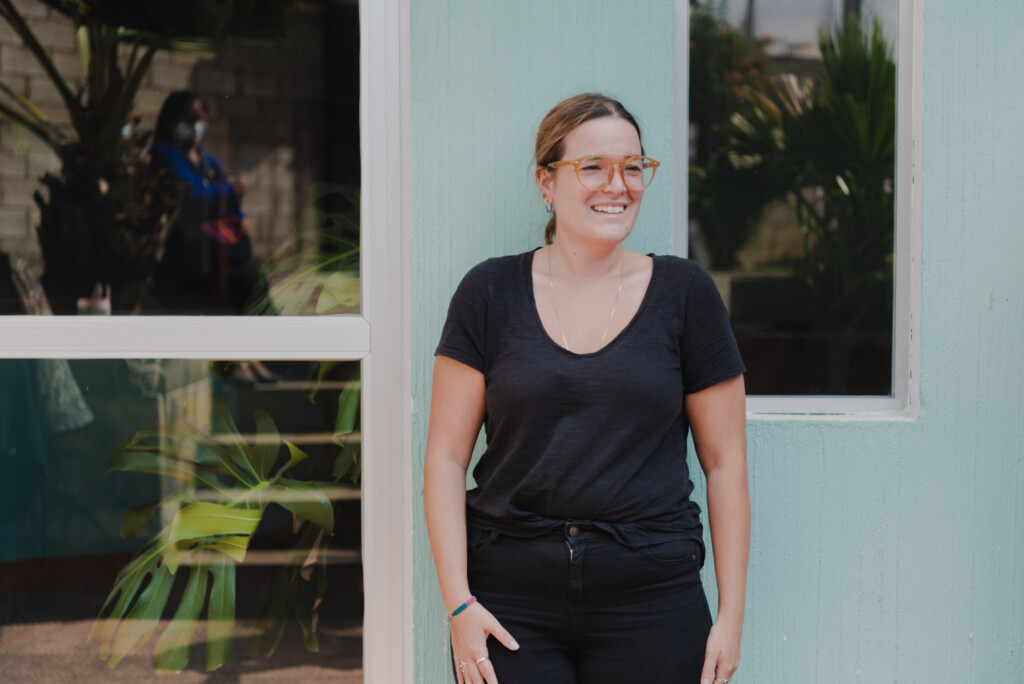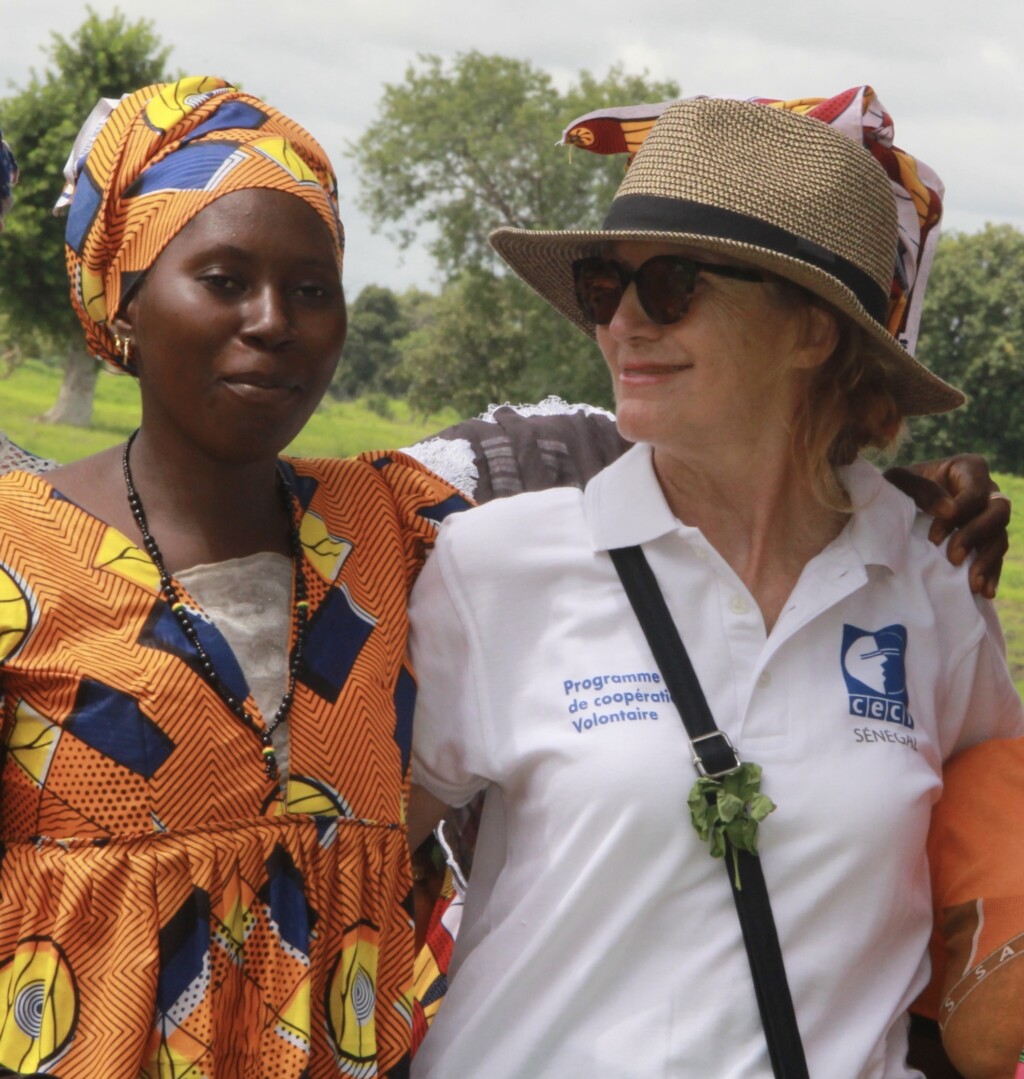
Amplify the potential of women to create change
Volunteer Cooperation Program
CECI’s Volunteer Cooperation Program (VCP) supports the struggles and actions of international partner organizations while mobilizing Canadians to actively engage in transformative solidarity initiatives. The program is rooted in the values of justice, equity, and inclusion.
2020 to 2028
7 countries
Benin, Bolivia, Guatemala, Senegal, Côte d'Ivoire, Philippines and Rwanda
2 000 000
people will see their living conditions improve with the support of the VCP
75%
of the reached people will be women
150
local partner organizations
15 000
Canadians will be mobilized by the program
Our areas of impact
CECI volunteers, by sharing their skills and expertise, work closely with local partner organizations to strengthen women's economic power and increase community resilience to climate change.
Strengthening women's economic power for green growth
Strengthening women's economic power requires policy dialogue and the transformation of social norms to create more profitable, inclusive, and secure markets. This vision encourages women's active participation in decisions related to risk prevention, disaster management, and climate change adaptation. The approach prioritizes strengthening the capacity of partners to guarantee women's rights, helping them create sustainable economic opportunities. This contributes to improving working conditions and realizing their socioeconomic rights.
CECI defines the strengthening of women's economic power as "the ability of women to generate and manage sufficient resources to ensure their autonomy and fulfillment within their family and the community as a whole, as well as their power to influence decision-making processes at the level of economic policies and at the level of vision and priorities for just and sustainable development."
Environmental sustainability and climate change
The environmental sustainability strategy encourages organizations to become more aware of and take action on environmental issues to reduce the impact of their activities. The strategy also strengthens the capacity of partners to contribute to environmental protection and community climate resilience, particularly for women and young women. Climate change adaptation is integrated because many challenges concern natural resources that are essential to the livelihoods of partner communities. Thus, environmental sustainability is considered at every level of economic activity.
Women's Rights, Diversity, and Inclusion
The program aims to strengthen women's capacity to know, claim, and enforce all of their rights, including economic and social rights. It promotes diversity and the inclusion of marginalized groups by advancing gender equality. The approach seeks to reduce inequalities by addressing the constraints that limit the participation of women, young women, and people facing various forms of intersectional discrimination.
Our aspiration
Empowering women and young women to lead and take charge
Empower women and young women by developing leadership, decision-making autonomy and challenging restrictive socio-cultural norms.
Transforming social norms and promoting gender equality
Transform discriminatory social norms, including gender-based violence, by encouraging communication with families, communities and institutions on the importance of gender equality.
Stimulating entrepreneurship and sustainable employment
Promote job creation and business development, with adapted entrepreneurial support, technical training and strategies for generational succession.
Creating an enabling environment for economic empowerment
Promote access and control of resources (such as credit) and market opportunities, while identifying specific issues and opportunities for women and young women.
Knowledge Exchange Spaces
The program
Based on reciprocity, the program creates spaces for professional collaboration where people from diverse backgrounds engage with international partner organizations. Paired with a local team, they share their expertise and collaborate on specific objectives, co-creating tools and strategies tailored to local realities. These exchanges strengthen women's leadership, economic empowerment, and community resilience in the face of climate change. By contributing to women's autonomy and the vitality of economic and social ecosystems, the program plays a concrete role in improving living conditions in focal communities, while enriching the lives of those involved.
Women Entrepreneurs in Solidarity
CECI's VCP includes a unique initiative in Canada: Women Entrepreneurs in Solidarity, an international reciprocal mentoring program that pairs Canadian women entrepreneurs with businesswomen in Africa and Latin America. Over a period of five to six months, participants exchange expertise and experiences through virtual meetings and an immersive international stay. This initiative promotes the strengthening of women's leadership, entrepreneurial innovation, and the creation of sustainable economic opportunities. By building bridges between markets and cultures, this program contributes to a positive and lasting impact for women and their communities.
Financial Partner
The program is made possible thanks to the financial support of the Government of Canada through Global Affairs Canada.

Canadian activity partners












